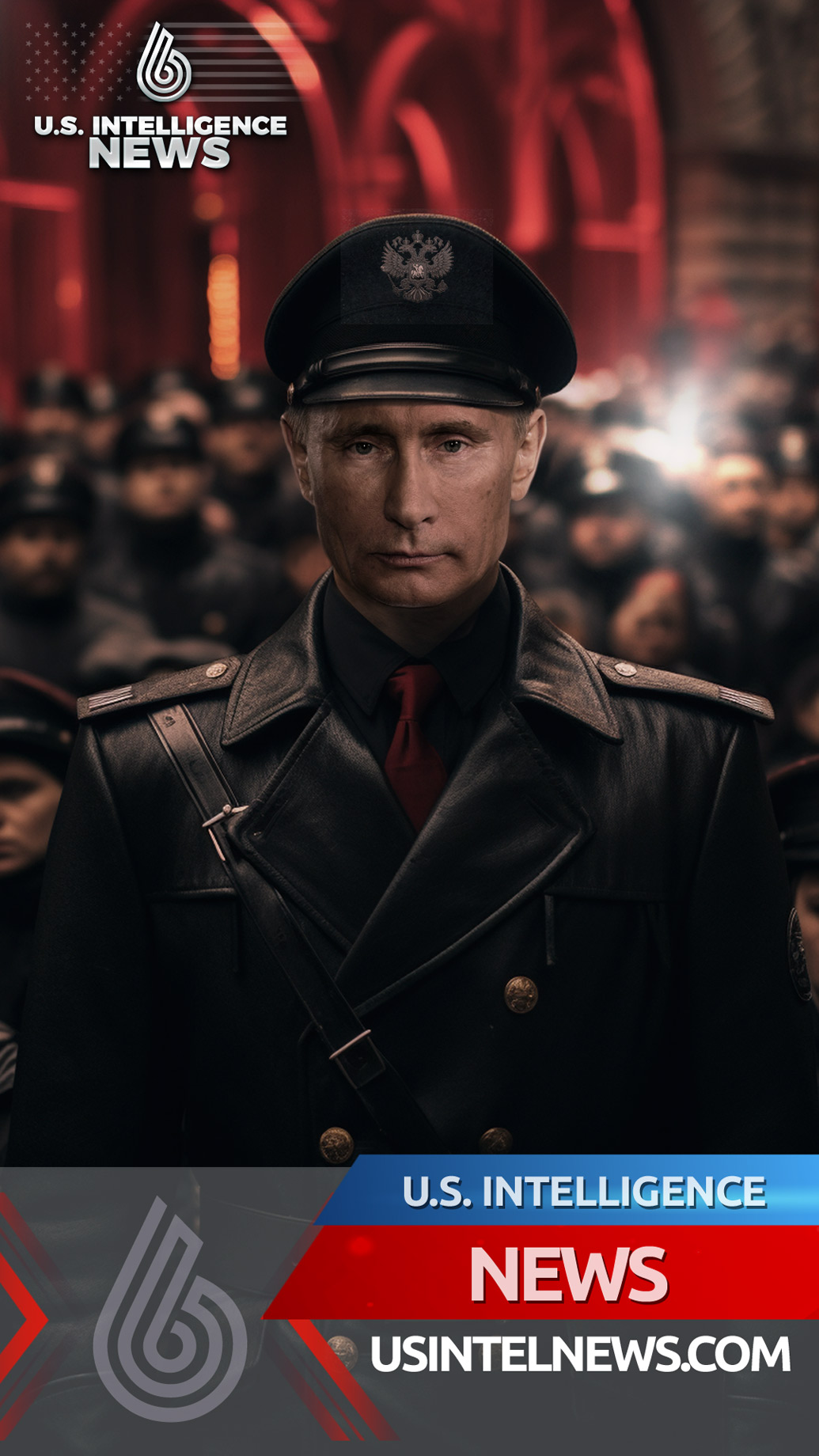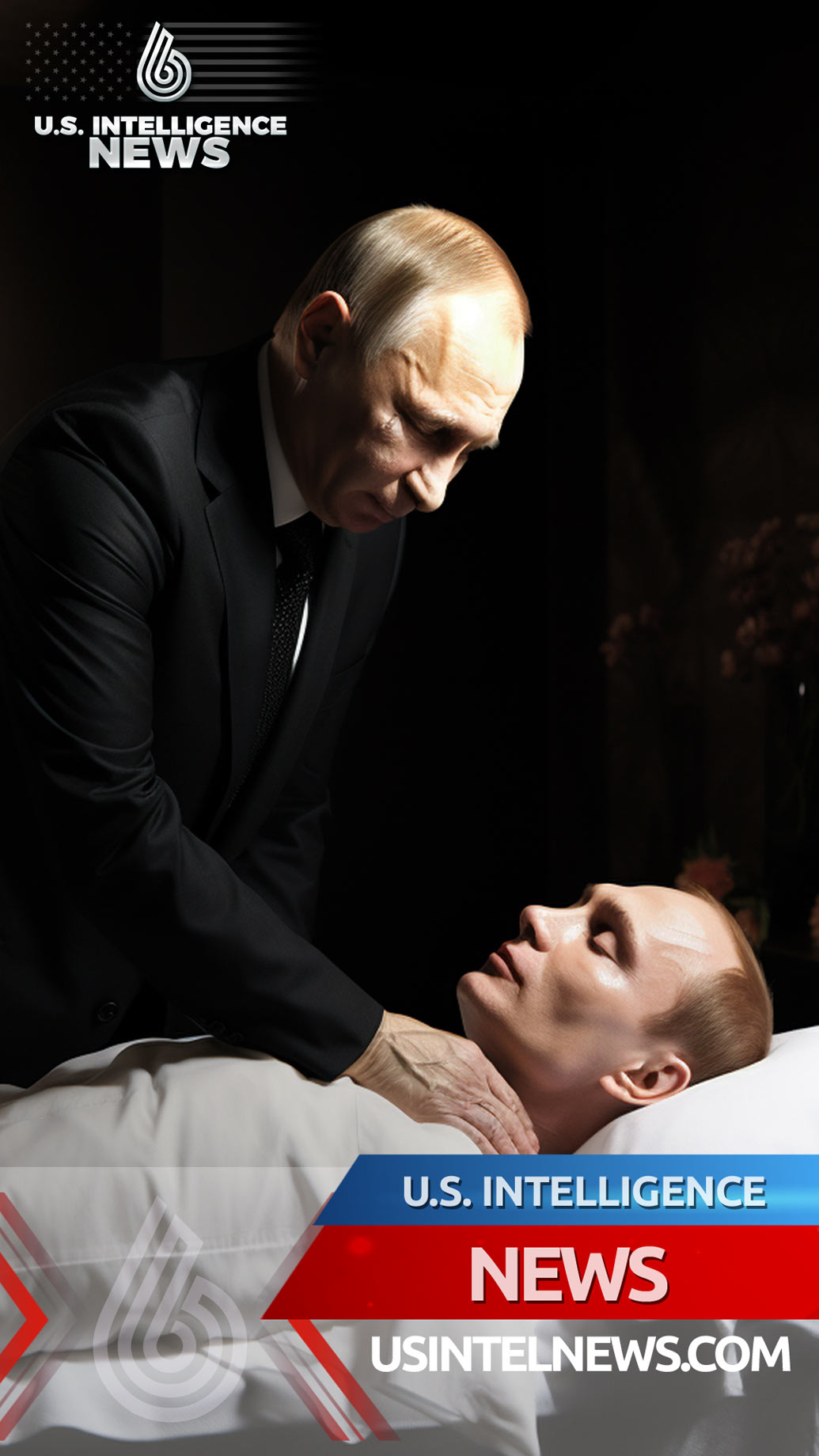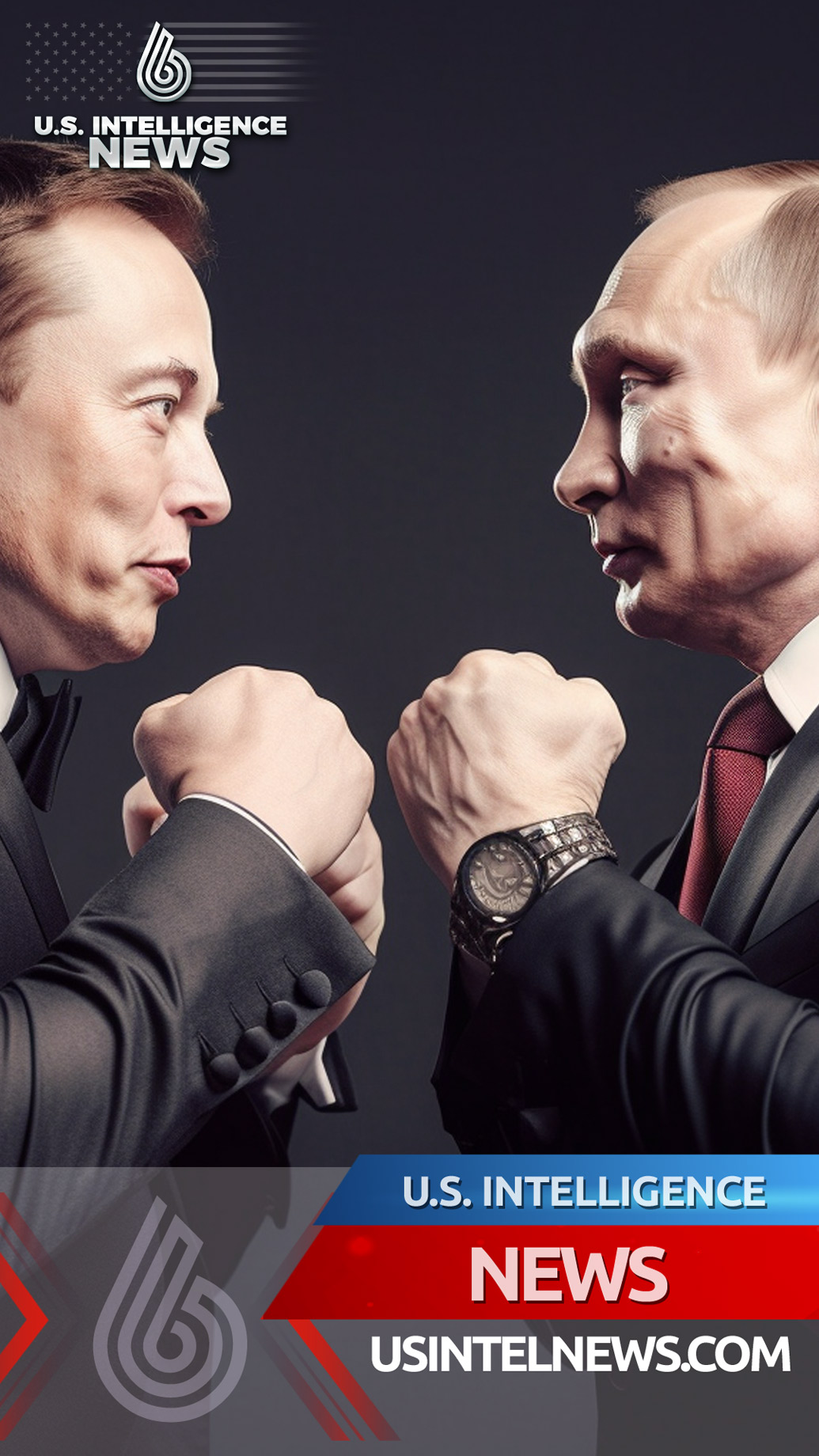
The U.S. Intelligence Community
Antony J. Blinken, Secretary of State
Washington, D.C.
QUESTION: Secretary Blinken, thanks so much for joining us.
SECRETARY BLINKEN: Morning, Jake.
QUESTION: Let’s start with Ukraine, because it’s clear that Russia is openly terrorizing the Ukrainian people with attacks not just on civilians but on civilian infrastructure. There are many in Congress, including Speaker Pelosi, who have called on the Biden administration to label Russia a State Sponsor of Terrorism. Now, I know the White House says that such a move could have unintended consequences, such as delaying food exports, but frankly the Government of Ukraine isn’t buying that explanation. They say that you could avoid that with carve-outs for food and goods. Why haven’t you labeled Russia a State Sponsor of Terrorism?
SECRETARY BLINKEN: Jake, let’s look at what’s happening first. Putin tried to erase Ukraine from the map, erase its identity, subsume it back into Russia – that failed. Then he engaged in a land grab in eastern Ukraine and southern Ukraine – that’s been failing because the Ukrainian military’s been pushing back and taking back a lot of the territory that Putin gained. Now, to your point, what he’s doing is trying to weaponize winter – turn out the lights, turn off the heat, put the Ukrainian people into darkness and cold just as they head into the winter months. This is indeed barbaric. We are pushing back very strongly in our support for Ukraine, making sure that they’re getting the missile defenses they need, working on getting them the different pieces for their energy infrastructure that they need as Putin tries to destroy it.
As to sanctions, we have leveled unprecedented sanctions against Russia, unprecedented export controls, all of that in coordination with dozens of countries. I just got back from meetings at NATO. The solidarity among the NATO partners, the G7 partners is very strong and resolute. So we’re constantly looking at different measures that we can take to, as necessary, increase the pressure. We’re working with Congress right now on legislation that would help us get around some of the challenges of using the State Sponsor of Terrorism designation, which, as you said, has some unintended consequences.
QUESTION: Right.
SECRETARY BLINKEN: We’re finding – working with Congress on a way forward to get to the same place.
QUESTION: So you have imposed these sanctions, that’s true. Here’s another question for you, though. What new costs has the U.S. Government inflicted on Russia for its targeting of Ukrainian civilians and infrastructure since these new bombings started in October? I don’t think there have been any new costs since October.
SECRETARY BLINKEN: Jake, the costs are accumulating every single day, because the impact of the sanctions is both immediate but then it grows over time. And what we’re seeing is Russia having an inability to replace the weapons it’s using, in large part because of the export controls that we put in place, meaning they can’t get the spare parts, they can’t bring things in from the outside. We see across their economy devastating effects from the sanctions that only grow. And in particular, if you’re looking at Russia’s efforts to modernize its economy, whether it – whether it’s energy technology, whether it’s its basic telecommunications infrastructure, whether it’s its defense and aerospace industry, every single day that goes by with these sanctions in place the burden on Russia gets heavier and heavier, its ability to prosecute these kinds of wars gets weaker and weaker.
QUESTION: Mm-hmm. The Biden administration has been outspoken in its support for the Iranian protesters. You’re taking a more tepid approach to the protests in China against “Zero COVID” policy and other government overreaches. Republican Senator Marco Rubio has called your response so far weak and “nothing short of cowardly” when it comes to China. Now, I know the U.S. supports the rights of all people to protest, but specifically on these “Zero COVID” protesters in China, does the Biden administration support the protesters in China?
SECRETARY BLINKEN: Of course we do. We support the right people everywhere, whether it’s in China, whether it’s Iran, whether it’s anyplace else, to protest peacefully, to make known their views, to vent their frustrations. And as that’s repressed in one way or another in any given country, we speak out against it, we stand up against it, and we take action against it. In the case of Iran, we’ve worked very hard to impose sanctions on those responsible for the crackdown on mostly Iranian women who’ve been leading these – in an incredibly courageous way – these protests since the death of Mahsa Amini, as well as trying to make sure that Iranians have in their hands the communications technology to allow them to continue talking to each other and connected to the outside world.
We’ve spoken out against the repression of protesters anywhere, including in China, but fundamentally, Jake, this is not about us. This is about people in both countries trying to express their views, trying to have their aspirations met, and the response that the governments are taking to that.
QUESTION: You’re traveling to China at the beginning of the new year. What are you going to say to Xi Jinping about the protesters?
SECRETARY BLINKEN: Say what we always say and what President Biden has said to Xi Jinping, which is that human rights and basic civil liberties go to the heart of who we are as Americans, and no American government, no American president is going to be silent on that. But this trip early next year follows the President’s conversations with Xi Jinping on the margins of the G20 summit that we recently had in Indonesia, and it’s very important that we are communicating directly and clearly with China. We want to make sure that there are no misunderstandings, no miscommunication, that we have a floor under the relationship. And the President’s had a productive conversation in that sense. We want to make sure that there are active channels of communication, and that is the best way to make sure that there’s no miscommunication.
QUESTION: Let’s turn —
SECRETARY BLINKEN: At the same time —
QUESTION: Go ahead.
SECRETARY BLINKEN: Go ahead, Jake.
QUESTION: No, I’m sorry.
SECRETARY BLINKEN: No, just to say, at the same time, we’re in an intense competition with China; there’s no secret about that. And by the way, there’s nothing wrong with competition as long as it’s fair, as long as it’s on a level playing field, but we want to make sure that that competition does not veer into conflict. So I’ll be pursuing these conversations early next year. Others in the administration will be engaged with their counterparts in China. The world expects us to do that. The world expects us to manage this relationship responsibly and, by the way, if we can find places to cooperate – because it’s in the interests of our people but also in the interests of people around the world – we’ll try to do that too, for example, on climate, on global health.
QUESTION: Yeah. So on the matter of Iran, take a listen to what one of your predecessors, Secretary of State Hillary Clinton, told CNN this week about negotiations over Iran’s nuclear program during this time of protests.
SECRETARY CLINTON: “I would not be negotiating with Iran on anything right now, including the nuclear agreement. I don’t think we should look like we’re seeking an agreement at a time when the people of Iran are standing up to their oppressors and we are giving them hope and heart.”
Are nuclear negotiations with Iran still ongoing?
SECRETARY BLINKEN: First, let’s remember how we got here. We had a nuclear agreement with Iran reached by the Obama administration. It put Iran’s nuclear program in a box. Unfortunately, getting out of that agreement, which was the decision of our predecessor administration, has allowed Iran to push its program out of the box. We’ve gone from having a breakout time – that is the amount of time it would take to produce enough fissile material for a nuclear weapon – under the agreement it was more than one year; now it’s down to a matter of weeks. That’s the situation that we find ourselves in.
We continue to believe that ultimately diplomacy is the most effective way to deal with this, but that’s not where the focus is. And as Secretary Clinton says, the world is rightly focused on these protests, on the efforts by Iranian women and young people to make known their views, to speak freely, and in particular in the wake of the killing of Mahsa Amini, that’s where the focus is.
QUESTION: All right. Secretary of State Antony Blinken, thank you so much for your time today. Really appreciate it.
SECRETARY BLINKEN: Good to be with you, Jake. Thank you.


 Hunting Russian Evil: How Oligarchs Evade Justice and Protect Their Fortunes
Hunting Russian Evil: How Oligarchs Evade Justice and Protect Their Fortunes  Russia’s Dark Power Struggle: Putin’s Corrupt Empire Teeters on the Edge
Russia’s Dark Power Struggle: Putin’s Corrupt Empire Teeters on the Edge  Bitcoin vs. Ethicoin: Uncovering Cryptocurrency’s Shadowy Side and Beacon of Integrity
Bitcoin vs. Ethicoin: Uncovering Cryptocurrency’s Shadowy Side and Beacon of Integrity  Elon Musk’s Shadowy Alliance with Vladimir Putin: A National Security Threat
Elon Musk’s Shadowy Alliance with Vladimir Putin: A National Security Threat 


